The “Coronavirus Aid, Relief, and Economic Security Act” (CARES) was passed last week, which will provide some relief and assistance to businesses like yours that have been negatively affected by the COVID-19 outbreak. We’ve been talking to accountants and merchants, and combing through the legislation ourselves to find important points from the new bill that can help you out right now. Below are our takeaways.
Qualified Improvement Property
The 2017 Tax Cuts and Jobs Act (TCJA) contained a technical error that resulted in a required 39-year depreciation period for the costs of “qualified improvement property,” rather than allowing for immediate depreciation.
With the passage of the CARES Act, the error has been resolved, and qualified improvement property is eligible for immediate depreciation. This applies to the current 2020 tax year, and also can be retroactively applied to the past two years 2019 and 2018.
Qualified improvements include, but are not limited to:
- Drywall, ceilings, interior doors
- Fire protection
- Mechanical, electrical and plumbing
- New point of sale systems
* Excluded from QIP are improvements to internal structural framework, enlargements to the building, and elevators or escalators.
Payroll Protection Program
The Paycheck Protection Program provides funding for small businesses to maintain operations, as well as an incentive to maintain their employees through this time. The program could provide a loan for 10 weeks of a company’s payroll, up to $10 million.
- Loan Forgiveness – Borrowers could have eight weeks of payroll, rent, mortgage payments, and utilities forgiven if they maintain their workforce. Loan forgiveness is reduced proportional to any layoffs or salary reductions.
- Incentives to Rehire – While reductions in workforce usually result in a reduction in loan forgiveness, the legislation allows companies that already laid off workers to rehire them while still benefitting from full loan forgiveness.
- Broadened Eligibility – Participation in the program is now open to all businesses with fewer than 500 employees per location, as opposed to the size of a collective bar or restaurant group.
A PPL is eligible to be 100% forgiven if used for payroll costs, interest on a mortgage (not principal), rent, and payment on utilities.
You can find the full application for Payroll Protection Program here to submit to your SBA Participating Lender.
Economic Injury Disaster Loans
Certain standard EIDL requirements have been waived to benefit businesses experiencing a great deal of economic hardship due to the coronavirus.
Unlike typical EIDLs, COVID-19 impacted small businesses are not required to:
- Prove they can obtain credit elsewhere
- Provide collateral (except for loans in excess of $200k)
- Be in operation for one year prior to the disaster, provided the business was in operation by January 31, 2020
- Also, the business is not required to provide any tax returns to demonstrate an ability to repay.
The application for the EIDL can be found here.
Employee Retention Tax Credit
The Employee Retention Credit is available to encourage businesses to keep employees on their payroll throughout the COVID-19 crisis.
This credit allows businesses to take a reimbursed tax credit of up to 50% of the first $10,000 in qualified wages for each employee, which also includes any health benefits paid.
Qualified wages and compensation consist of the salary, hourly wage, and tips that an employer generally pays to their employees for work performed. The wages included in the tax credit must be paid after March 12, 2020, and before January 1, 2021.
We’ve got your back.
The past month has been rough as hell, but here are some additional resources to help you get through this mess.
Service Industry Resources for Surviving COVID-19 – Some basic service industry resources you should know about.
Eater has created a list of relief funds for restaurants, bars, and food service workers.
Southern Smoke is a crisis relief organization for people in the food and beverage industry.
The U.S. Bartenders Guild – donate or apply for support.





